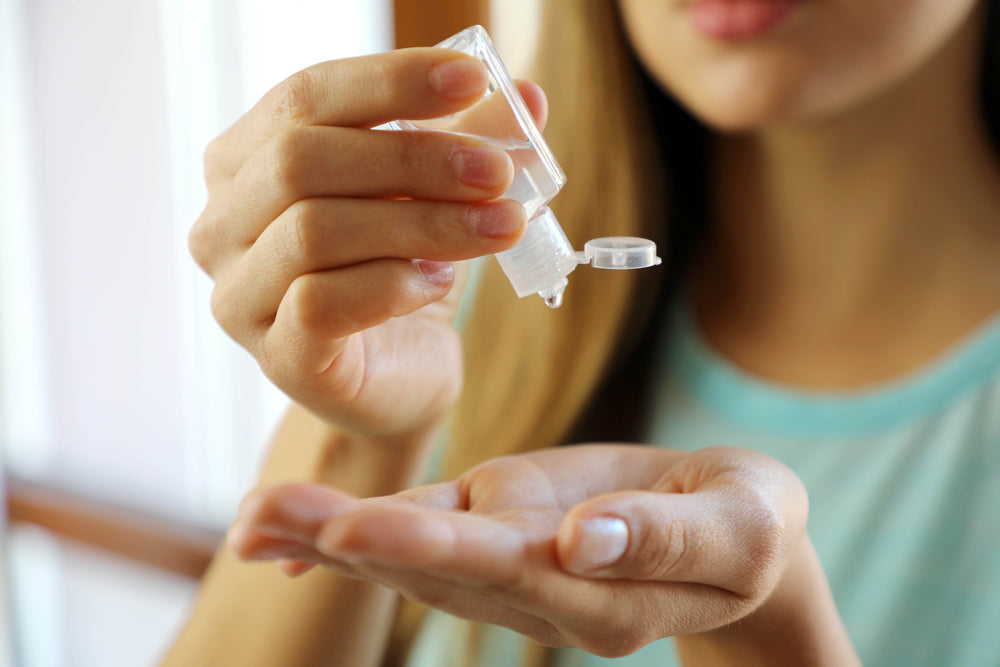You should use hand sanitizer whenever you feel you may come in contact with, or have come in contact with, germs and viruses, and you do not have immediate access to a place to wash your hands with soap and water.
It's fairly common knowledge that washing your hands with soap and water for at least 20 seconds is one of the best ways to prevent becoming infected with, and preventing the spread of viruses like COVID-19 and influenza.
So it's important to know when you should wash your hands with soap and water
When to Wash Your Hands with Soap & Water
Healthcare authorities, like the Center for Disease Control and Prevention, generally recommend that you wash your hands often throughout the day, including, among other times:
- Before and after preparing food,
- Before and after treating a wound
- Before and after being in close contact with someone who is ill,
- After using the bathroom,
- After sneezing or coughing,
- After touching an animal, and/or its food, cage or feces
- After touching garbage,
- Anytime they are dirty
When To Use Hand Sanitizer
This one is easy. You should use hand sanitizer to clean your hands at all the same times that you should use soap and water to wash your hands — but when there is no soap and water available.
It is also recommended that you use hand sanitizer before and after visiting someone in a hospital or nursing home. For added protection, you should carry hand sanitizers with your when you are out and about and use it after you come in contact with 'high touch' surfaces, like door handles and hand rails.
In all cases when you use hand sanitizer, you should wash your hands with soap and water as soon as possible afterwards.
To learn more about hand sanitizers, check out our article 5 Myths About Hand Sanitizer.


Leave a comment